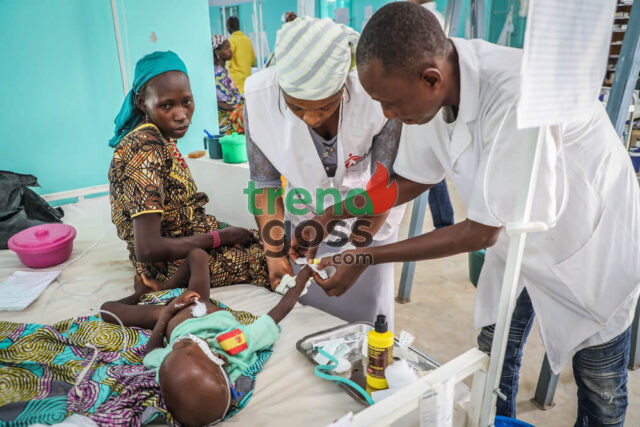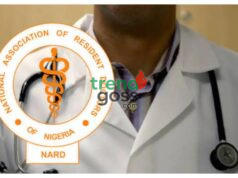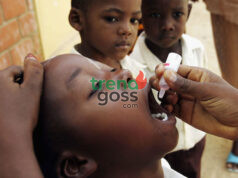Nigeria’s health system is performing at only 45% of its potential, far below the African regional average of 56%, according to a new Country Health System and Services Profile (CHSSP) released by the African Health Observatory Platform on Health Systems and Policies (AHOP).
The report, compiled by the Nigerian National Centre for AHOP (Health Policy Research Group, University of Nigeria, Nsukka) with support from the Federal Ministry of Health and Social Welfare and WHO-AFRO, revealed that despite years of reforms, Nigeria’s health outcomes remain well below expectations.
Key Findings from the Report
Out-of-pocket spending: Nigerians pay the price of poor healthcare financing, with out-of-pocket expenses accounting for 75% of total health spending, one of the highest globally. Only 1 in 10 Nigerians has access to health insurance, leaving millions vulnerable to catastrophic medical bills.
Government underinvestment: Health expenditure as a share of GDP is among the lowest worldwide, making it difficult to strengthen infrastructure and service delivery.
Weak infrastructure: A staggering 80% of Nigeria’s health facilities are dysfunctional, forcing patients to seek treatment abroad. This drives annual losses of about $1 billion in medical tourism.
Private sector dominance: Though private providers own just 35% of facilities, they deliver 70% of all health services, showing a clear gap in government healthcare provision.
Maternal health concerns: Only 51% of childbirths in Nigeria are attended by skilled health professionals, far below global targets.
Health workforce challenges: Nigeria has 3.95 doctors per 10,000 people, higher than the African average of 1.5, but poor infrastructure and weak policy execution limit the effectiveness of this workforce.
The Way Forward
The AHOP report stressed that sustained underinvestment is the biggest obstacle to achieving Universal Health Coverage (UHC) by 2030. It called for stronger implementation of legislative frameworks, including the National Health Insurance Authority Act 2023 and the 2014 Basic Health Care Provision Fund, to close gaps in coverage and efficiency.
Until these reforms are effectively applied, Nigeria risks remaining trapped in a cycle of poor outcomes, high personal costs, and medical tourism.







i think so